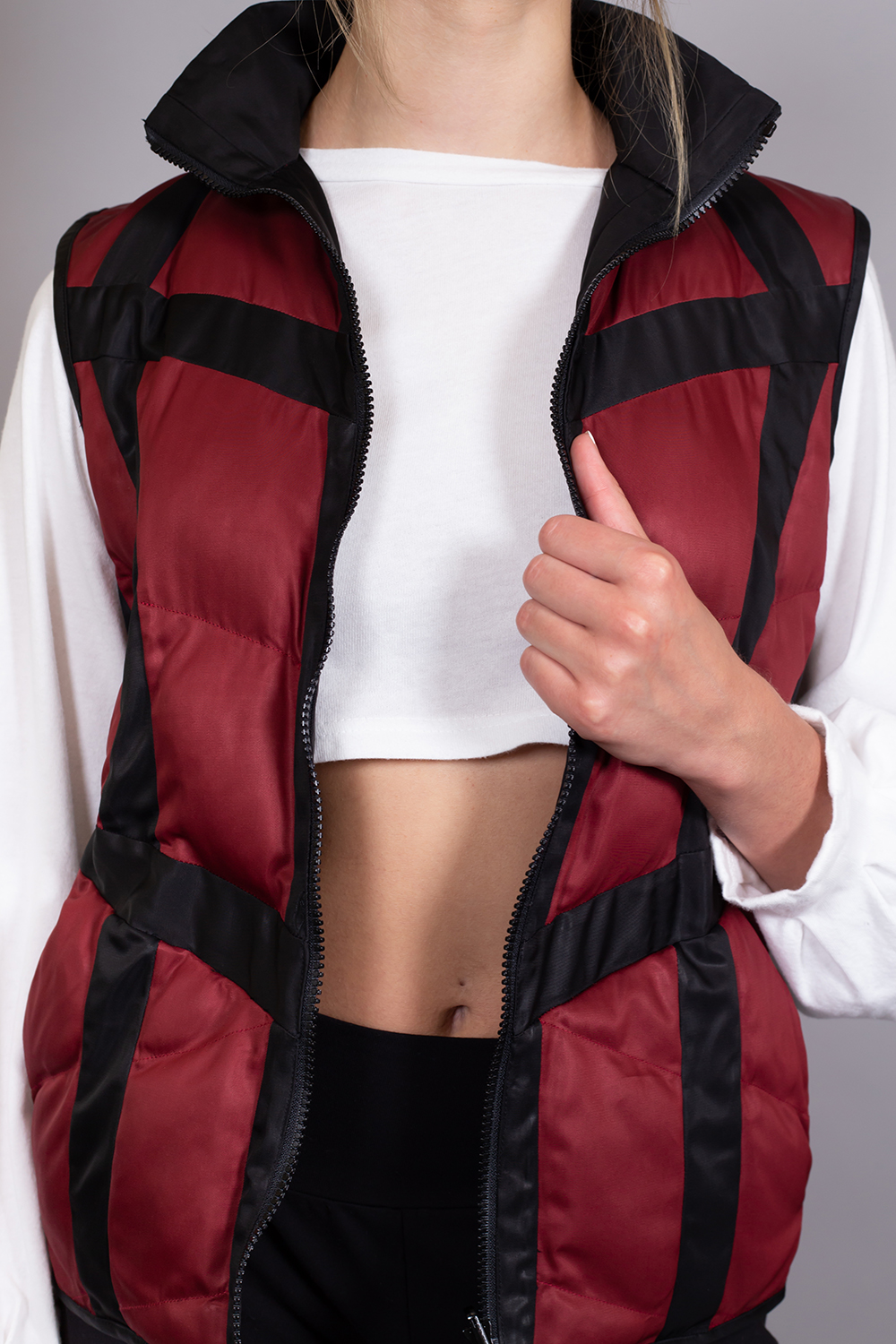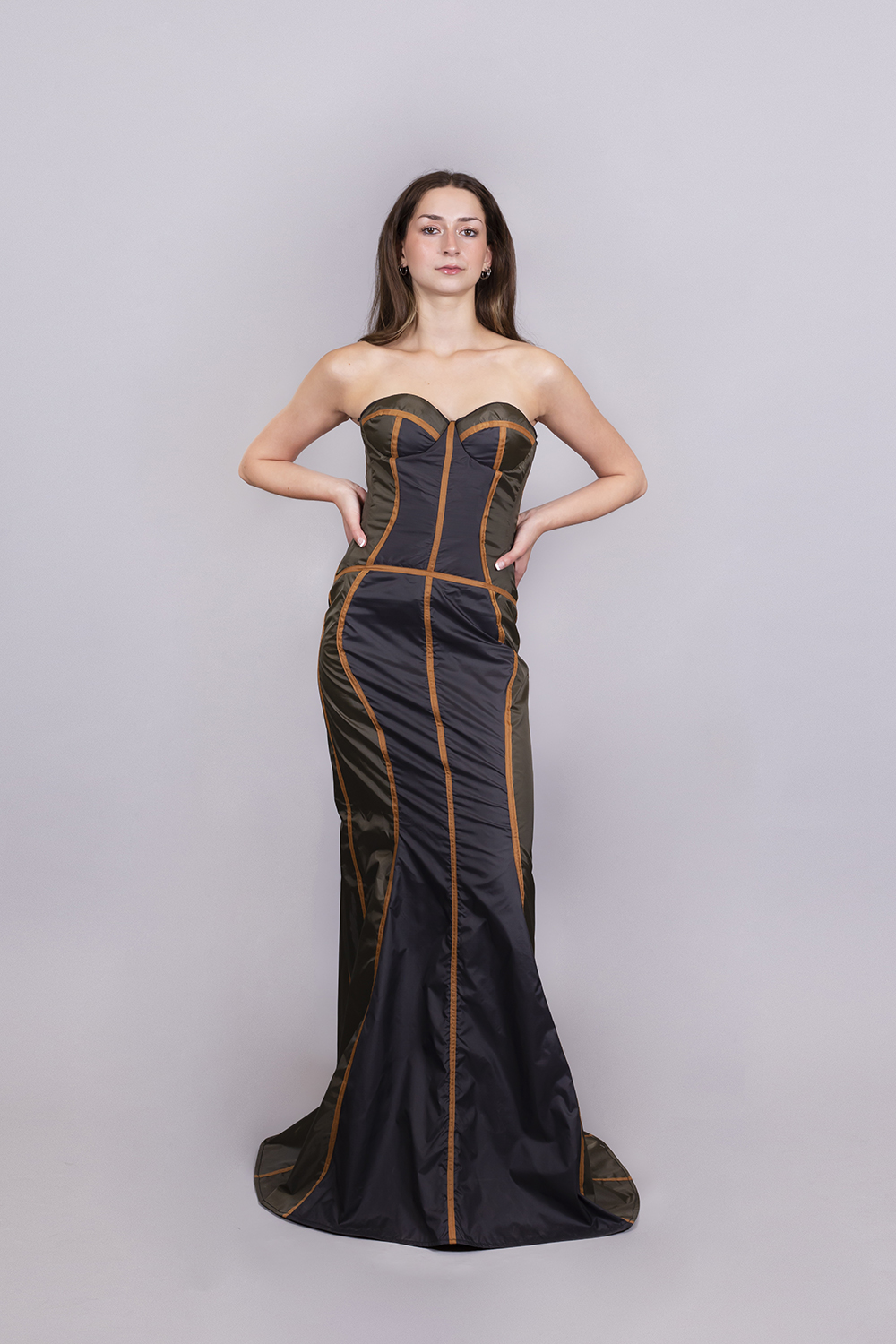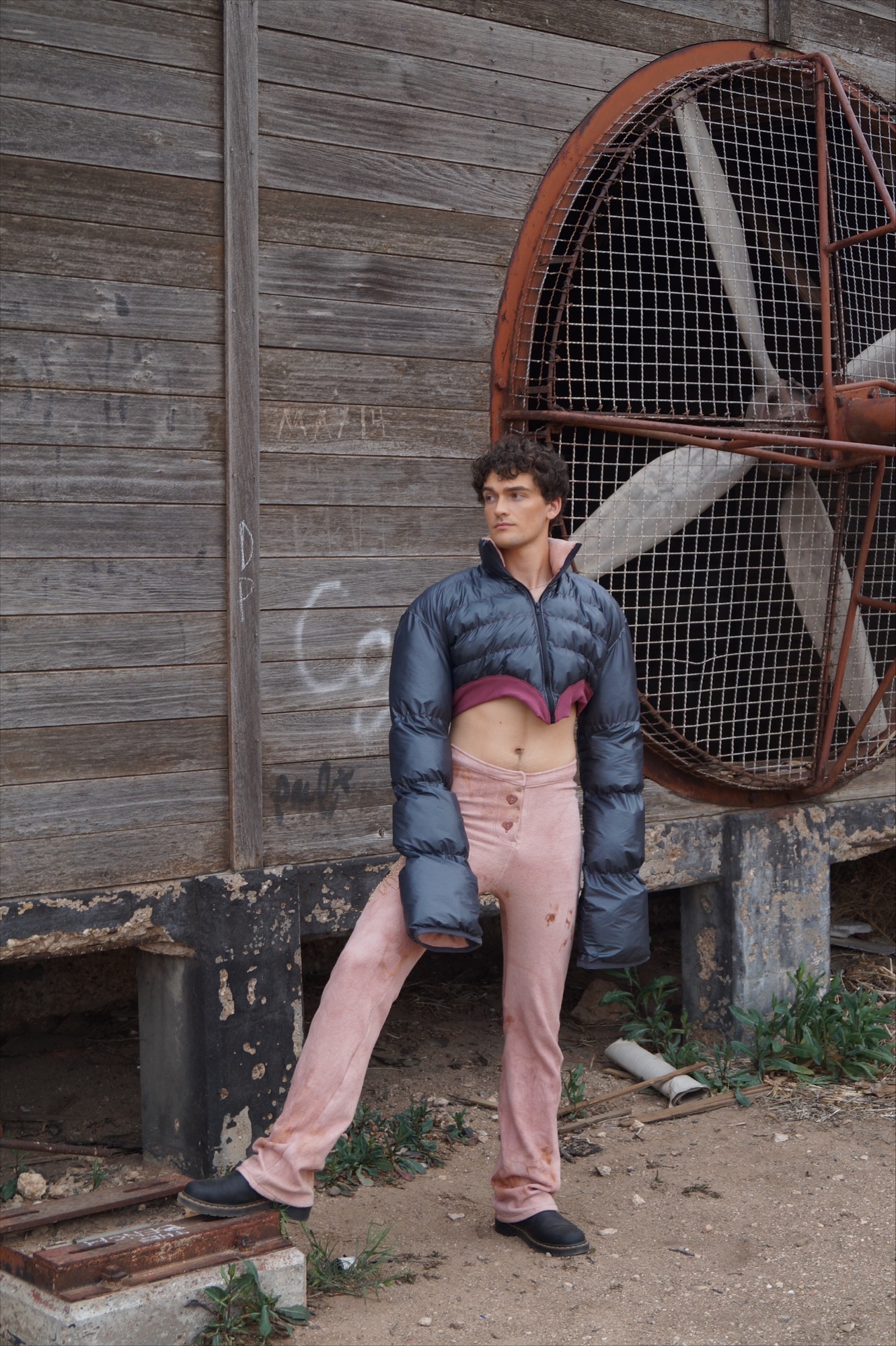
Ashley Rougeaux-Burnes and research team explore methods to limit textile waste in the apparel industry
Apparel Design and Manufacturing faculty member Ashley Rougeaux-Burnes is working with five creative researchers nationwide to explore the efficacy of the Carrico Zero-waste Banded Grading (CZWBG) technique. Rougeaux-Burnes said this technique was created by Melanie Carrico, one of the researchers on her team, and it utilizes bands of fabric inserted in strategic locations of a garment as a method of resizing zero-waste patterns across various consumer categories. An additional purpose of this technique is to evaluate how this grading approach affected the aesthetic outcomes of garments across a size run.

Rougeaux-Burnes and her team have completed three phases of this research, collecting feedback from industry professionals and refining the technique with each phase. Their next phase included producing a small batch of medical scrubs, utilizing the CZWBG technique, and conducting a wear test with medical students in Dallas, Texas. From there, the research team will collect feedback from the production facility about assembly line efficiency and comments from wearers regarding fit, comfort, and durability.
“Through experimental research design, we have successfully tested and incorporated the CZWBG technique in zero-waste one or two-piece apparel ensembles, subsequently developing three sizes in an industry-specified size range for each product category,” Rougeaux-Burnes said. “Each design was cut from zero-waste patterns in a mid-range size (size 8/10) and graded up and down one to two sizes using an industry-standardized grading scale. The grading was achieved by varying the widths and lengths of strategically inserted bands of fabric or trim.”

The team of researchers discovered that textile waste, due to inefficiencies in the apparel manufacturing process, amasses over 60 billion square meters of fabric annually. The research shows that as the global demand for apparel products grows, the apparel industry continues to seek methods of sustainability to address this growing global issue. Rougeaux-Burnes said they intend to make zero-waste garments more accessible to consumers by marketing this technique to designers and production facilities across the industry.
“Future phases of this project will evaluate consumer acceptance on this technique, but our hope is that customers will be more likely to purchase zero-waste garments if they are well fitting and easily accessible,” Rougeaux-Burnes said. “Once feasibility and consumer acceptance are proven, this technique could spread throughout the industry and ultimately reduce the impact the apparel industry has on the environment.”
This project can introduce a new design and production technique to the apparel industry, allowing for a full-size run of zero-waste garments to be made cost-effectively and efficiently. According to the researchers, zero-waste patterns can eliminate all fabric waste by using patterns made from whole cloth, interlocking pattern pieces, or multiple-size and garment pattern layout methods. The Carrico Zero-waste Banded Grading technique utilizes the same pattern for all sizes in the run, cutting down on labor while still achieving zero waste in the production process.

The exploration of zero-waste design methods has gained traction over the past decade. Rougeaux-Burnes and her team have worked to create a unique technique that will impact our environment and the apparel industry as a whole.
“This project addresses a need in the industry and has the potential to make a significant impact on environment,” Rougeaux-Burnes said.
